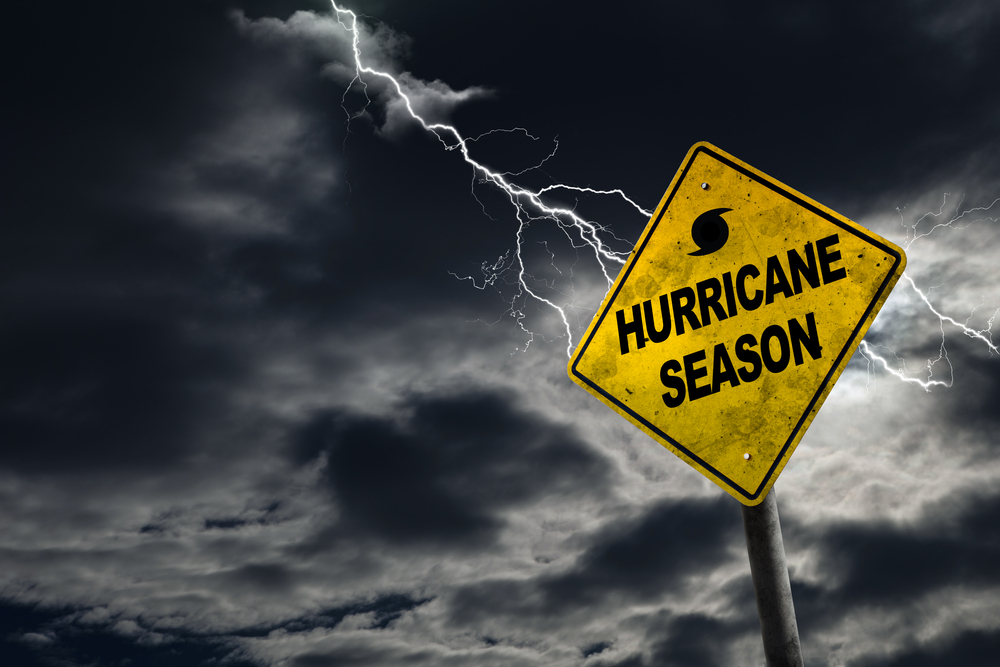Hurricane Season 2025 Checklist: 7 Docs You Need Before the Storm
Why Tampa Bay Homeowners Need to Prepare Now
As meteorologists predict another above-average Atlantic hurricane season, Tampa Bay homeowners need more than bottled water and flashlights—they need proper claim preparation.
After hurricanes like Ian, Idalia, Helene, and Milton, homeowners across Florida saw claims delayed, underpaid, or outright denied—often because they lacked essential documentation. If you’re in Tampa, St. Petersburg, Clearwater, or the surrounding areas, starting your hurricane claim prep now could mean the difference between a fast payout and a long legal battle.
This guide walks you through seven critical documents and assets you should have on hand before a storm hits to protect your home, finances, and peace of mind.
1. Your Homeowners Insurance Policy & Declarations Page
Your declarations page (or “dec page”) outlines your coverage, including:
- Dwelling limit
- Contents (personal property) limit
- Loss of use (additional living expenses)
- Hurricane or windstorm deductibles
- Policy endorsements or exclusions
In Florida, hurricane deductibles are typically 2%–5% of your dwelling coverage, rather than a flat dollar amount. That can mean a $ 10,000–$ 15,000 out-of-pocket expense on a $ 300,000 policy.
Pro tip:
- Download a digital copy (PDF) to your cloud storage.
- Keep a printed version in a waterproof pouch.
- Flag your hurricane deductible so you know your financial exposure in advance.
2. Flood Insurance Documentation (If Applicable)
Homeowners’ insurance does not cover flood damage. If you have a separate NFIP flood policy or private flood insurance, make sure:
- You know your policy number and carrier contact info
- Deductibles and coverage limits are clear.
- You understand what’s excluded (e.g., pool equipment and boat lifts, outdoor structures)
This document is critical for storm surge claims, especially in low-lying areas of Tampa, Pinellas, and Pasco counties.
3. Proof of Home Value, Improvements & Upgrades
Have you remodeled your kitchen? Installed new floors? Replaced a roof or AC? You need documentation for:
- Renovation receipts
- Contractor estimates
- Permit closeouts
- Before-and-after photos
- Home appraisal (if recent)
These help establish current home value and defend against lowball payouts based on outdated or depreciated estimates.
4. Pre-Storm Photos & Video Inventory of Your Home and Valuables
Insurers often deny claims, citing “pre-existing damage” or lack of proof. Combat that by documenting your home before the storm.
What to do:
- Use your cellphone to take a walk-through video of every room, narrating your belongings and the current condition of walls, ceilings, and floors.
- Zoom in on big-ticket items, such as TVs, computers, sound systems, appliances, tools, collectibles, and jewelry.
- Capture serial numbers and model numbers when visible.
- Step outside and take photos of:
- The roof (use drone or street view if necessary)
- Windows and doors
- Driveway, fence, pool enclosure, and exterior walls
- Store everything in a secure cloud folder (such as Google Drive or Dropbox) and name it with the date and address.
Why it matters:
This evidence is helpful when filing or disputing a claim and reduces the likelihood that your insurer will claim the damage existed before the hurricane.
5. Receipts for Major Purchases and Contents
If you need to file a personal property claim, insurers often require proof of value.
What to include:
- Receipts for appliances, electronics, furniture, and tools
- Photos of the receipts or warranty cards
- High-value appraisals (jewelry, artwork, etc.)
Store these documents digitally alongside your photo and video inventory.
6. Contact Info for Your Insurance Carrier, Agent, & Public Adjuster
When the power’s out and the cell towers are down, you don’t want to be hunting for login credentials or email threads. Make a printed contact sheet that includes:
- Insurance company name
- Policy number
- 24-hour claims phone number
- Claims website login info
- Local insurance agent contact info
- Public adjuster contact info (Right Way Public Adjusting or your local rep)
Public adjusters work for you, not the insurance company, and can step in if your claim is underpaid or denied.
Tip: Program these numbers into your phone and keep a hard copy in your storm kit or glovebox.
7. Expense Tracking Template for Reimbursement
If you’re displaced due to hurricane damage, you may be entitled to ALE (Additional Living Expenses)—but only if you track it properly.
Set up a simple spreadsheet with columns for:
- Date
- Vendor or business name
- Service/purchase type
- Amount
- Receipt attached (yes/no)
Track expenses like:
- Hotel stays
- Restaurant meals
- Gas
- Laundry
- Pet boarding
- Temporary storage
Downloadable templates are available online, or ask your public adjuster for one.
How to Store These Docs Securely
Redundancy is key:
- Cloud storage (Google Drive, iCloud, Dropbox)
- Password-protected USB flash drive stored in a fireproof safe
- Printed copies in a waterproof folder in your go-bag
Bonus: Share access to your cloud folder with a trusted family member or your public adjuster, in case you’re unreachable after the storm.
Common Mistakes Tampa Bay Homeowners Make
- Not reviewing policy exclusions until after the storm has passed.
- Relying on the insurance company’s adjuster to document damages fairly
- Waiting until the claim is denied to involve a public adjuster
- Assuming flood and wind damage are covered under one policy
- Failing to track emergency expenses in real time
Avoiding these mistakes starts with proactive hurricane claim prep Tampa residents can do right now.
Why This Matters in 2025
With storms like Helene and Milton fresh in our rearview, insurers across Florida are tightening claim reviews, raising deductibles, and denying coverage over “documentation gaps.”
If a Category 2 or 3 storm hits Tampa Bay this season, claims will flood the system, and only those with well-prepared files will receive timely payouts.
Take Action Today
- Download our free “Hurricane Prep Claims Kit” – includes a printable checklist, inventory sheet, and expense tracker.
- Schedule a free policy review with Right Way Public Adjusting to identify potential coverage pitfalls.
- Bookmark this blog and share it with neighbors in Hillsborough, Pinellas, and Pasco—community preparedness starts with information.
If you’re in Tampa, St. Petersburg, Clearwater, or anywhere in the Bay area, let us help you document, prepare, and protect.
Ready to Prepare Like a Pro?
Call Right Way Public Adjusting at (877) 744-8929 to schedule your free storm season policy consultation. Whether you’re in St. Pete, Clearwater, or Tampa, we make hurricane claim preparation Tampa homeowners can count on to be fast, easy, and stress-free.
With over 25 years in the legal profession, Rebecca boasts an extensive background working alongside insurance adjusters and attorneys. Rebecca manages the settlement funds with our clients, the mortgage companies and the retained contractors.

